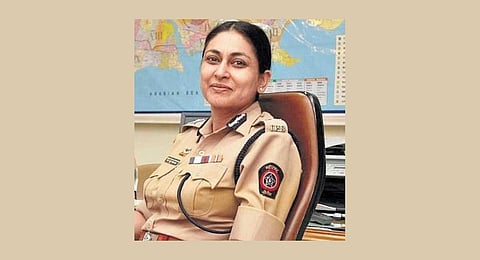Civil servants who say no to scams are national icons
Land scams tend to float into public view in strange ways. The most recent exposé making waves in the civil service community is from the former Pune police commissioner, Meeran Borwankar, in her just-launched book. Borwankar has alleged that in 2010 she had resisted arm-twisting by Maharashtra deputy CM Ajit Pawar to give three acres of valuable land near Pune for a song to a builders’ cartel. The book, Madam Commissioner, talks of how the politician, then the guardian minister for Pune, summoned her and told her to hand over the auctioned land. Borwankar claims she politely declined, pointing out that the land at Yerawada was needed for police housing and office expansion. Expectedly, the deputy CM has denied the allegations; but it appears the former cop did pay a price by way of bad postings and slow promotions.
In general perception, civil servants toe the line of their political masters. But Borwankar has proved there are also many who are loyal to the public good; they interpret policy in letter as well as in spirit. T N Seshan, the IAS officer who served as chief election commissioner from 1990 to 1996, resisted political interference by all parties and was responsible for institutionalising free and fair elections in India. He was almost impeached, but he stayed the course. Today he is an icon of honest IAS officers. Ashok Khemka, a 1991 batch IAS officer of the Haryana cadre, shot to fame for cancelling the mutation of Gandhi in-law Robert Vadra’s land in Gurugram. Khemka’s subsequent campaign against corruption saw him being transferred 55 times by both Congress and BJP governments.
IAS and IPS officers are the top brains in our civil services, having secured their appointments through rigorous competition. These bureaucrats are expected to interpret and implement public policy without fear or favour. Not owing their appointment to political masters, nor being subject to populism, they are supposed to steer a course for the common weal. There is constitutional protection too: Article 311 (2) prohibits their arbitrary dismissal or demotion. However, over the decades, the autonomous functioning of civil servants has been systematically eroded and political opportunism has taken over. As institutions crumble and the separation of powers weakens, the individual contributions of a T N Seshan or a Meeran Borwankar will be reminders of the crying need for course correction.

